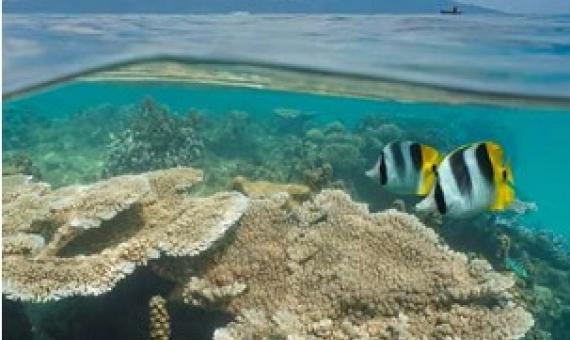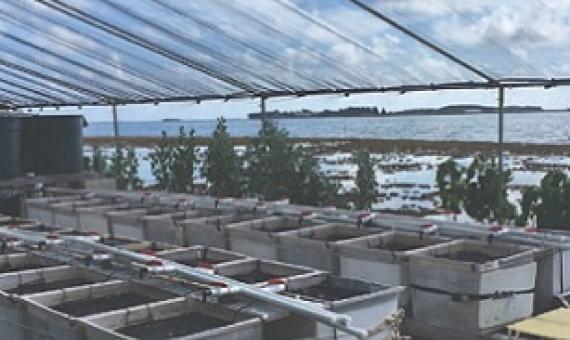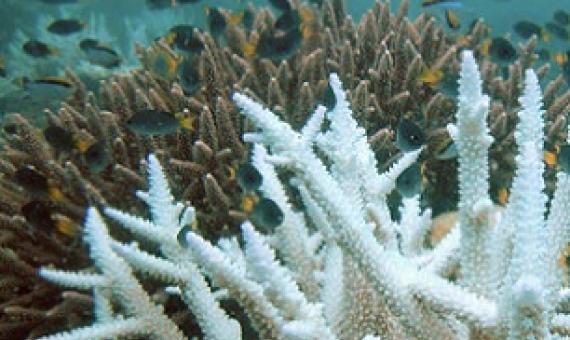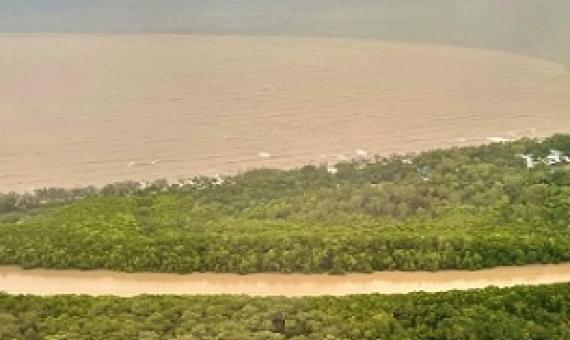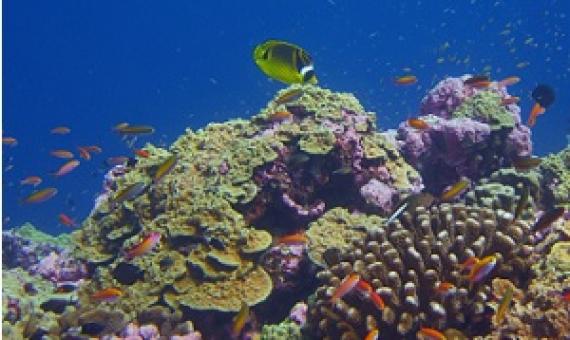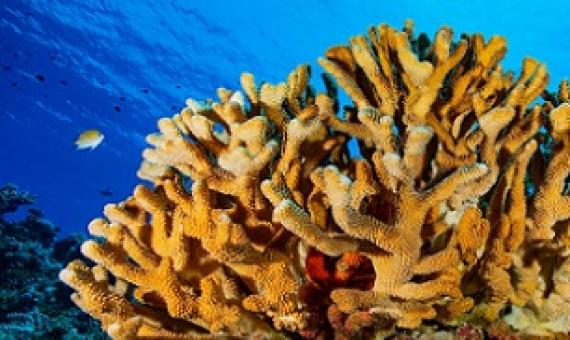There's a widespread hypothesis that links the resilience of coral reefs with their remoteness from human activities—the farther away they are from people, the more likely corals are to bounce back from disturbances.
Global Reef Expedition - Final Report, Khaled Bin Sultan Living Oceans Foundation
The expedition was conducted by KSLOF, a US-based nonprofit environmental organization dedicated to providing science-based solutions to protect and restore ocean health. Starting as early as 2001, the foundation conducted field research to survey and map coral reefs to aid in coral conservation efforts. These research missions culminated in the Global Reef Expedition, which brought together an international team of over 200 scientists, educators, photographers, and filmmakers who circumnavigated the globe surveying some of the most remote coral reefs in the world.
New research led by scientists at the University of Hawai'i (UH) at Mānoa reveals that the species which dominate experimental coral reef communities shift due to climate change, but the total biodiversity does not decline under future ocean conditions of warming and acidification
Global decline in capacity of coral reefs to provide ecosystem services
Coral reefs worldwide are facing impacts from climate change, overfishing, habitat destruction, and pollution. The cumulative effect of these impacts on global capacity of coral reefs to provide ecosystem services is unknown. Here, we evaluate global changes in extent of coral reef habitat, coral reef fishery catches and effort, Indigenous consumption of coral reef fishes, and coral-reef-associated biodiversity. Global coverage of living coral has declined by half since the 1950s.
A new study estimates that global coral cover is half what it was in the 1950s, with much of that loss linked to human-driven climate change. The shrinking of coral cover has translated into a 60% loss in reef biodiversity.
Global forest restoration opportunities to foster coral reef conservation
Sediment runoff from disturbed coastal catchments is a major threat to marine ecosystems. Understanding where sediments are produced and where they are delivered enables managers to design more effective strategies for improving water quality. A management strategy is targeted restoration of degraded terrestrial areas, as it provides opportunities to reduce land-based runoff from coastal areas and consequently foster coral reef conservation.
Increasing reforestation efforts in coastal regions could substantially reduce the amount of sediment run-off reaching coral reefs and improve their resilience, a University of Queensland-led study has found.
Increasing Coral Reef Resilience Through Successive Marine Heatwaves
Ocean warming is causing declines of coral reefs globally, raising critical questions about the potential for corals to adapt. In the central equatorial Pacific, reefs persisting through recurrent El Niño heatwaves hold important clues. Using an 18-year record of coral cover spanning three major bleaching events, we show that the impact of thermal stress on coral mortality within the Phoenix Island Protected Area (PIPA) has lessened over time.
Climate change is rapidly intensifying pressure on biodiversity around the globe and, particularly, on coral reefs. But despite dramatic losses at the hand of bleaching events, the future of reefs may not be as bleak as we imagined.
Scientists have completed the first-ever global, high-resolution map of the world’s shallow tropical coral reefs.
